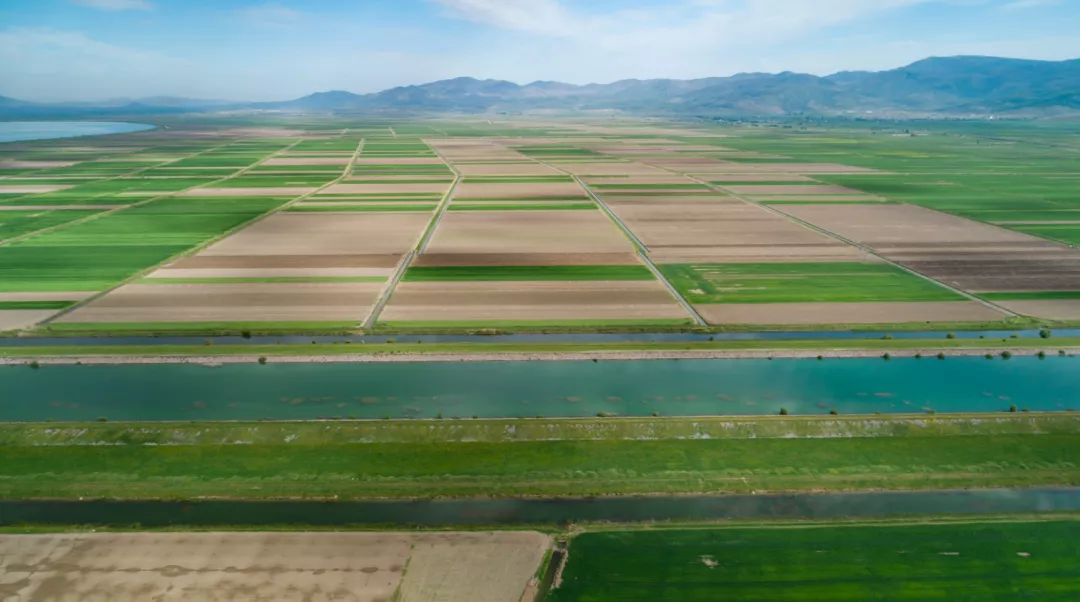Harnessing skills in rural areas: the role of local and regional governments
- Rural Pact
- Rural Revitalisation Platform
- Stronger Rural Areas
- Demography
- Education and training
- Youth
The Council of European Municipalities and Regions (CEMR) organised an event on 8 November 2023, within the framework of the Rural Pact, to explore the crucial role of local and regional governments in supporting skills in rural areas empowering them to meet both current and future demands.

Image by Huseyin Bostanci on Getty Images
The Council of European Municipalities and Regions (CEMR) hosted the ‘Harnessing Skills in Rural Areas’ event within the context of the Rural Pact to address the pressing need for digitalisation and sustainable development in rural areas. This event aimed to shift the paradigm, considering rural areas not as isolated territories but as integral components of a broader continuum linked to urban centres. It underscored the pivotal role of Local and Regional Governments in elevating the needs of rural areas in the political agenda. During the event, CEMR also announced the launch of the Impact Community for Territorial Cohesion.
The event brought together diverse stakeholders interested in rural development. One key aspect highlighted during the event was the critical role of local and regional governments in driving economic diversification and fostering lifelong learning, especially in digital skills, among the rural population. The need for place-based solutions was emphasised to address the diverse challenges faced by European territories.
Presentations from experts showcased innovative approaches and existing development trends to rural development to showcase skills needed for the future. Making regions attractive for youth was a key topic discussed. Margaux Tharaux (OECD) outlined as key factors for talent attractiveness broadband internet access, affordable housing, and an international student presence according to a recent study. Margaux also emphasised the cross-sectoral nature of attractiveness and the role regions can play in coordinating local stakeholders and exploiting synergies.
Social innovation was outlined by Gianluca Pastorelli, President of Diesis network, as key driver in the future of rural areas, beyond traditional farming. Examples were cited from Italy and Romania where cooperative models are transforming entire villages into sustainable hubs for tourism, culture, and renewable energy.
Euromontana shared insights from a recent study on retaining youth in mountainous regions, stressing the importance of balancing economic development with environmental sustainability to provide the right conditions in rural areas. Initiatives like Erasmus Rural in Spain were highlighted as crucial for providing practical exposure and opportunities for young people in rural areas. The event ‘Skills for Mountains in Transitions’ organised on the 21 November explores further this topic.
At the policy level, the ES presidency of the Council of the EU emphasised their commitment to rural development and announced the intention to adopt conclusions on the rural vision in the forthcoming council meeting on November 20. Additionally, the relevance of different public administrations in dealing with skills was highlighted. At the EU level, the recently launched ‘Harnessing Talent Platform’ led by DG Regio will complement existing support from the Common Agricultural Policy. Mihail Dumitru, Deputy Director General in DG AGRI, recalled the challenges of maintaining existing skills while developing new ones in the context of the green and digital transitions in Europe. He also emphasised the importance of preserving traditional skills to protect the rural landscape.
Finally, Radim Sršeň, the newly elected Chair of the Rural Pact Coordination Group and Deputy Minister for Regional Development in Czechia, voiced the importance of translating the long-term ambition of the rural vision into immediate policy actions, providing a response to rural discontent.
Summary report and presentations are available here: https://ruralpact.rural-vision.europa.eu/events/harnessing-skills-rural-areas-role-local-and-regional-governments_en